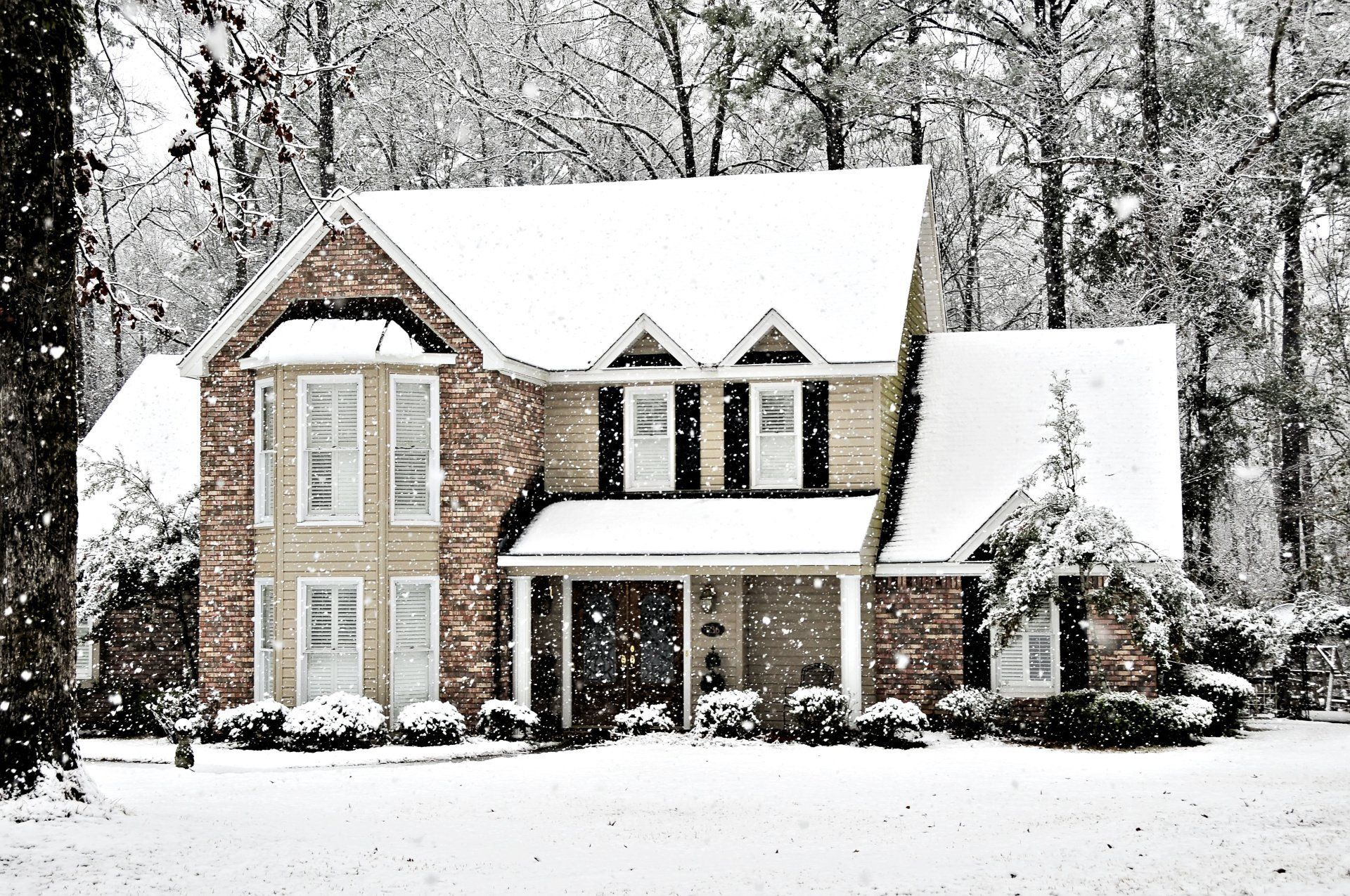You may be thinking “Why do I need to winterize my irrigation system?” when little maintenance is required for irrigation systems. While it is true that irrigation systems are designed to require minimal maintenance, winterizing them is required. You cannot simply turn off your irrigation system for the winter and forget about it until spring. Water left inside your irrigation system needs to be cleared out to winterize irrigation systems.
The cost to winterize sprinkler systems is far less than repairing damaged irrigation systems. It's always best to winterize irrigation systems to protect your investment and to keep your warranty from being canceled. You will also want to winterize irrigation systems to protect your pipes, pumps, valves, fittings, and sprinklers from breaking when water left inside freezes during the winter months. Most of the irrigation components in your system can be destroyed when water residue left behind freezes.
Why Hire a Professional to Winterize Irrigation Systems
It is an involved process to winterize irrigation systems properly. Specific knowledge of your particular sprinkler system is required. You need to have comprehensive knowledge about the parts used in your irrigation system and how they are laid out. Do–it–yourself efforts can seriously fail without a full understanding of what is required. Additionally, you may not have access to the proper equipment to winterize irrigation systems properly. Professionals use several methods and approaches to properly winterize irrigation systems.
Blow-out Procedures
A blow-out process uses an air compressor to clear water residue from your irrigation system. Mind you, this is not done with a general household compressor from your local hardware store. No, this is done with a professional-grade machine designed specifically for winterizing irrigation systems; and it is operated by trained professionals. There are also safety precautions to consider whenever air compressors are used. Serious eye injuries can happen with flying debris. The blow out process is very successful when done by professionals, but when done incorrectly it can easily damage your irrigation system.
Manual Drain Method
Those who have irrigation systems underground on a downhill slope could turn off the water main, open up the drain valves of each zone and allow gravity to drain the water out. That is assuming all of your irrigation pipes are running downhill, however.
A professional will know all of the aspects that need attention with the manual drain method that could be easily overlooked when doing it yourself. They will check things like boiler drain valves, drain caps, waste valves and sprinklers that have check valves that need to be drained. They will make sure water is not left in the backflow, piping and sprinklers. After all the water has been cleared, they will make sure all the manual drain valves are closed.
Self Draining Irrigation Systems
These days, high end/high tech irrigating systems can be purchased with automatic draining features that are operated from a control panel. If you are fortunate to own a self-draining irrigation system, follow the instructions for draining your system very carefully. It would be best to trust our highly trained professionals to winterize your irrigation systems even when they are self-draining.
Our highly trained professionals at Second Nature will give you peace of mind that your investment is properly protected when you choose us to winterize your irrigation systems. Be sure to schedule an appointment before the first freeze of the year.
Have a question?
Location
315 NW Olive St,
Lee's Summit, MO 64063
Have a question?
Location
315 NW Olive St,
Lee's Summit, MO 64063
Have a question?
Location
315 NW Olive St.
Lee's Summit, MO 64063
We Are:
Outdoor Living:
Residential Landscaping:
Commercial Landscaping:
Useful Links:
All Rights Reserved | Website Design by Digital Marketing Inc | Privacy Policy




